At Newtowne, children can learn to contribute meaningfully to the development of a kinder, more sustainable, and more equitable world.
One of the first jobs I held after graduating from college was teaching a classroom of three-year-olds at an International School in a small Italian city. As a teacher in an English-speaking program who was unable to use the home language of a number of my students, I began to notice the ways that children relied upon each other when they were not able to effectively communicate with me and I wondered about ways to best facilitate and leverage their interactions and relationships with each other. It was here that I began to forge my belief that children’s peers are among their most valuable and powerful classroom resources — a belief that aligns with the Reggio Emilia approach, which emphasizes relationships with others as central to a child’s education.
Those years of teaching experience sparked a desire to learn more. And so I eventually returned to the United States for graduate school, spending the next several years blending academic coursework with classroom teaching and school-based research and exploring questions born out of my observations as a practitioner. With the goal of better understanding peer interaction and social play in early childhood, I kept children’s peer relationships in school settings at the core of my research endeavors; for instance, investigating the differences that I noticed in dramatic play among my linguistically-diverse students and providing evidence that autistic children are indeed capable of developing meaningful friendships, as I had anecdotally observed in my own classrooms. I deeply value the ‘teacher as researcher’ tenet of the Reggio Emilia approach and feel especially at home in a school like Newtowne, where teachers adopt this mindset and are perpetually seeking to learn more in the contexts of classroom inquiry, formal research, and professional development. By coming together to expand our knowledge, we strengthen our own practices and consequently, the field of early education as a whole.
It is this sense of ‘coming together’ that makes Newtowne so remarkable. I first experienced it nearly a decade ago, when my father and I spent a Saturday at Newtowne building the ‘Hobbit House’, a unique feature of the outdoor playspace made of natural found wood. While it was not the first playhouse that we had been asked to build for a Boston-area preschool, it was the first time that we had done so with the assistance of parents, who helped dig the holes for the posts, located a new drill bit when ours fell amid the wood chips, and even offered to apply an extra coat of varnish after we were gone.
This powerful, collaborative ethos I experienced in that one day of work remained etched in my mind for years, and so when my husband and I began the process of searching for a preschool for our oldest daughter, Newtowne was one of the first places we toured. We were eager to become part of that cooperative community where we could take part in our child’s educational experience alongside like-minded parents and a talented and inspiring team of teachers.
My professional experiences and my passion for a cooperative model of education became invaluable guideposts during one of the most challenging years in our lifetimes. In the spring of 2020, the need for cooperative efforts was increasingly evident in a world confronting multiple crises, from COVID-19 to systemic racism to climate change. As a parent, an educator, and a human being struggling to navigate these complex issues, I realized there was never a more appropriate time to draw inspiration from the people of Reggio Emilia — a community of parents, educators, and human beings who, more than half a century earlier, were determined to rebuild their community in a world that had literally and figuratively collapsed around them in the preceding war. We followed suit, working to reconstruct a school where children could learn to contribute meaningfully to the development of a kinder, more sustainable, and more equitable world. In true cooperative spirit, teachers and parents came together with resilience, creativity, and a good deal of elbow-grease to reopen Newtowne School. And so, after four years as a proud parent member of the Newtowne community, I am now honored to be able to call Newtowne my professional home, too.
As Newtowne School celebrates its 50th anniversary and looks ahead to its next 50 years, I look forward to all Newtowne has to offer and to becoming a part of its history.
Welcome,
Caitlin Malloy, Ph.D.
Executive Director, Newtowne School



